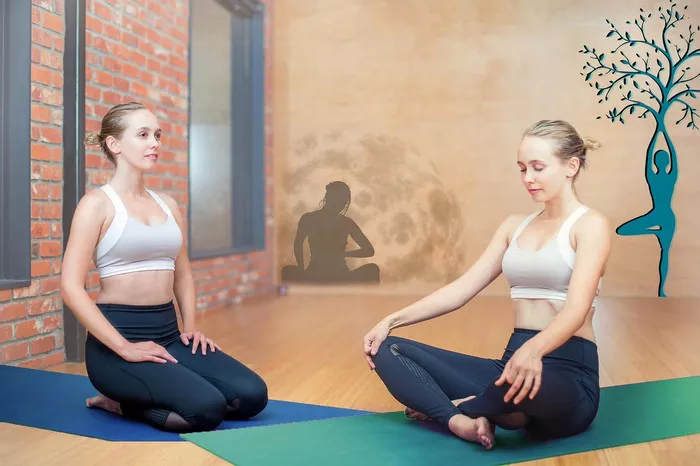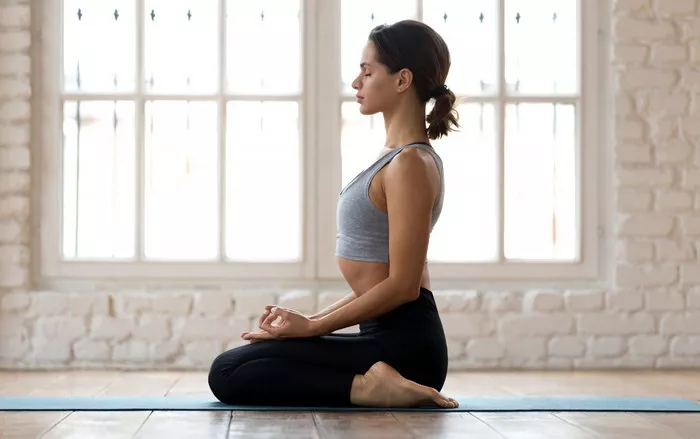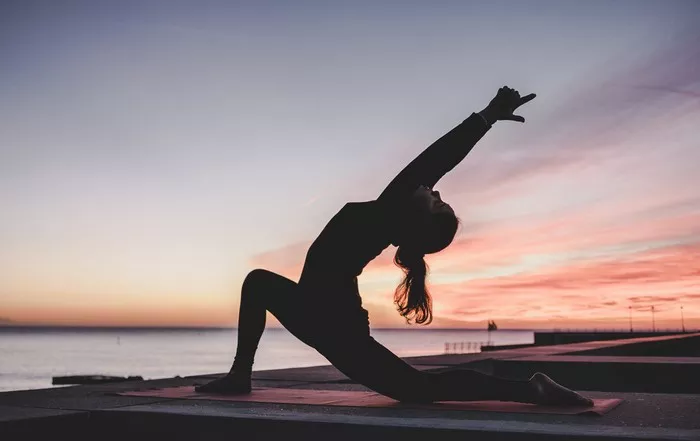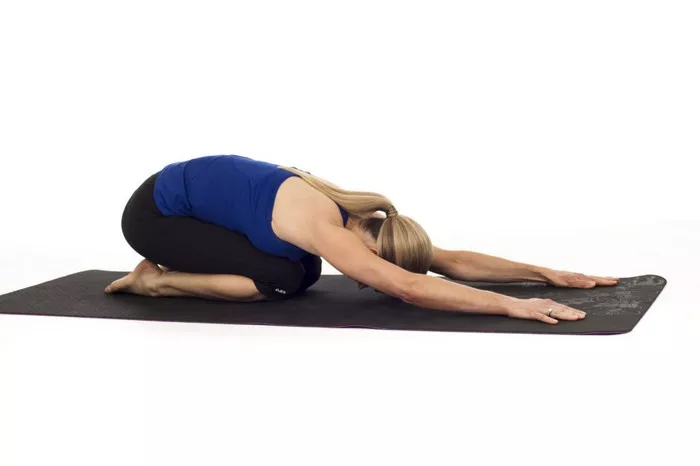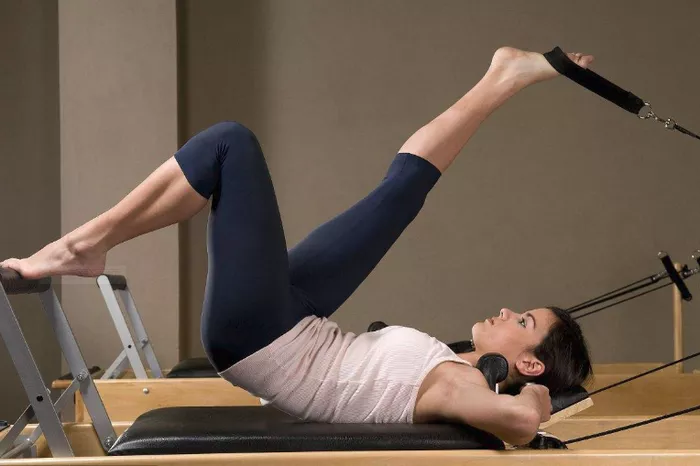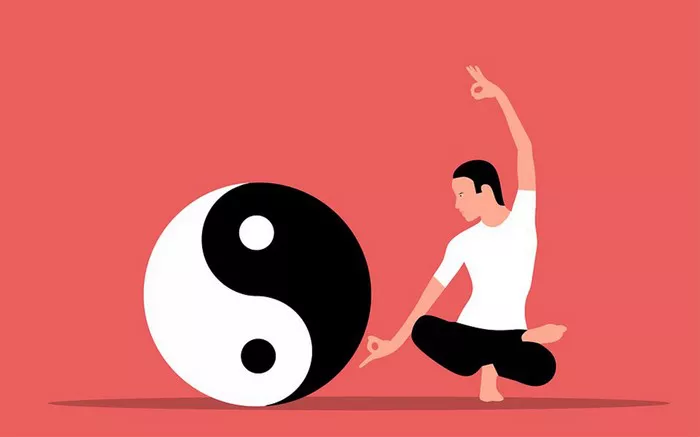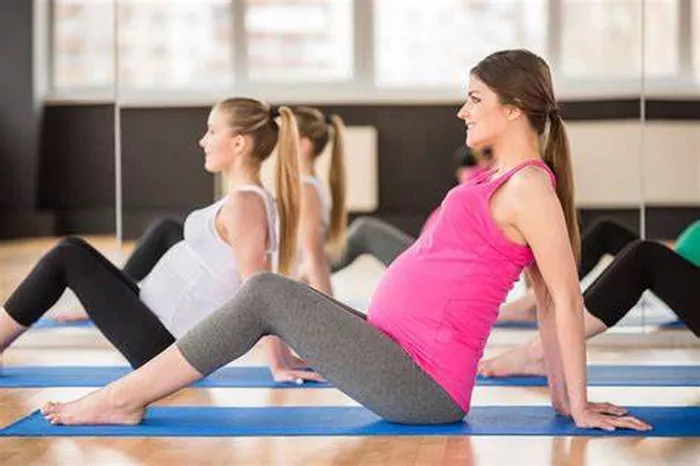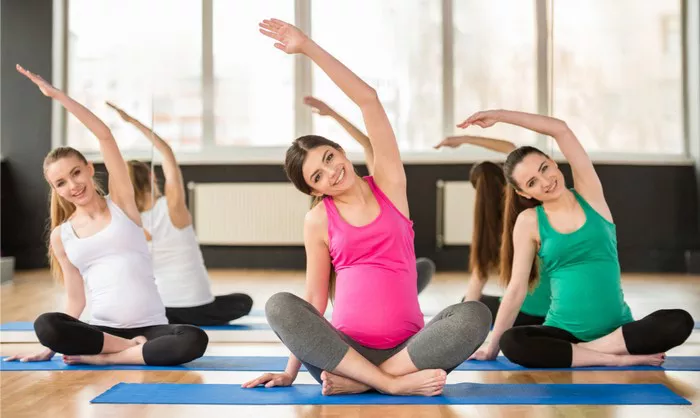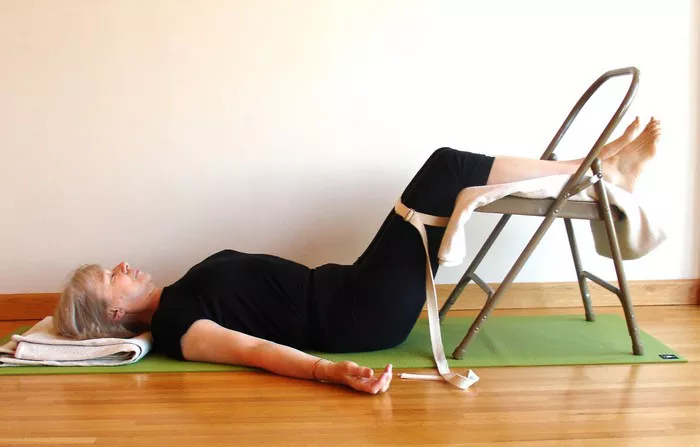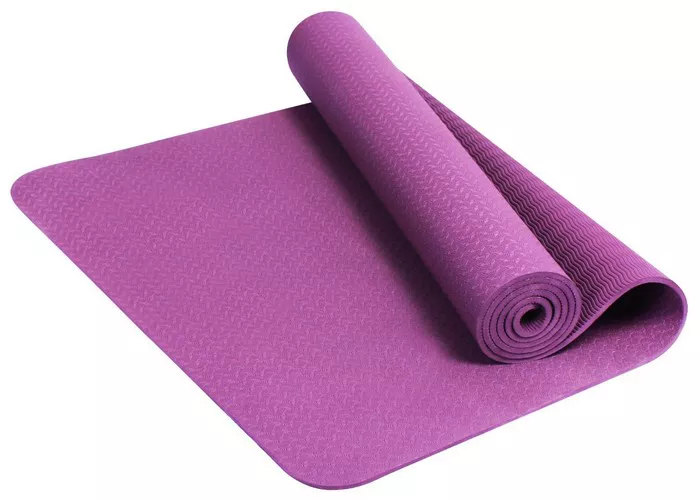Hatha yoga, an ancient practice that combines physical postures (asanas), breath control (pranayama), and meditation techniques, has become a popular form of exercise worldwide. Its holistic approach promotes not only physical health but also mental clarity and emotional well-being. Many people, from beginners to experienced practitioners, often wonder how often they should practice Hatha yoga to reap its full benefits. While there is no one-size-fits-all answer, several factors influence how frequently one should practice.
In this article, we will explore the benefits of Hatha yoga, the factors that affect your practice frequency, and provide guidance on how many times a week you should practice Hatha yoga based on your personal needs and goals.
Understanding Hatha Yoga
Hatha yoga refers to the physical aspect of yoga and is often considered the foundation of many other yoga styles. The term “Hatha” is derived from two Sanskrit words: “Ha,” meaning sun, and “Tha,” meaning moon. This symbolizes the balance of opposing forces – the active (sun) and the receptive (moon) – within the body and mind. Hatha yoga focuses on achieving this balance through physical postures, breathing exercises, and meditation.
While Hatha yoga can be physically demanding, it is generally considered a gentle form of yoga compared to more vigorous styles like Vinyasa or Ashtanga. It is well-suited for practitioners of all levels, including those who are new to yoga or those who may have physical limitations.
Benefits of Hatha Yoga
The benefits of Hatha yoga are extensive, touching on physical, mental, and emotional well-being. Some of the key benefits include:
Improved Flexibility: One of the most obvious benefits of Hatha yoga is increased flexibility. The asanas are designed to stretch and lengthen muscles, improving joint mobility and muscle elasticity.
Strengthened Muscles: Through the holding of poses, especially in standing postures and inversions, Hatha yoga helps build and tone muscles, particularly in the core, arms, legs, and back.
Better Posture: Hatha yoga encourages awareness of body alignment, which helps improve posture. Strengthening the muscles that support your spine can reduce back pain and promote better overall posture.
Stress Reduction and Relaxation: The practice of mindfulness in Hatha yoga, along with deep breathing techniques, promotes relaxation. This helps reduce stress, anxiety, and tension, encouraging a calmer state of mind.
Enhanced Mental Focus and Clarity: Meditation and breathwork in Hatha yoga help improve concentration and focus. The mental clarity gained from regular practice can positively impact daily life, decision-making, and problem-solving abilities.
Detoxification: Many of the twists and poses in Hatha yoga stimulate the internal organs, promoting better digestion and supporting the body’s natural detoxification processes.
Improved Balance and Coordination: As you progress in your Hatha yoga practice, you will notice improvements in your balance and coordination, both of which contribute to a stronger sense of stability in the body.
How Many Times a Week Should I Practice Hatha Yoga?
The frequency of Hatha yoga practice depends on several personal factors, including your fitness level, goals, availability, and overall lifestyle. There are no strict rules, but here are some general guidelines to help determine how many times a week you should practice Hatha yoga:
1. Beginners
If you are new to yoga or have been sedentary for a while, it is recommended that you start with 2 to 3 sessions per week. This frequency allows your body to adjust to the physical demands of the practice without overexertion. Starting with a moderate number of sessions will also help you develop a consistent routine.
As a beginner, your focus should be on learning the basic postures, building strength, and improving flexibility. It is important to listen to your body, and if you feel fatigued or strained, take breaks and avoid pushing yourself too hard.
2. Intermediate Practitioners
Once you have gained experience and become more comfortable with the basic asanas, you may consider increasing your practice frequency to 3 to 4 times per week. At this stage, you will likely have developed better flexibility and strength, allowing you to explore more challenging poses while maintaining good alignment.
Practicing Hatha yoga 3 to 4 times a week allows you to deepen your understanding of the practice and further refine your technique. It also provides more opportunities for stress relief and relaxation, which are essential benefits of regular yoga practice.
3. Advanced Practitioners
Advanced practitioners may practice Hatha yoga 4 to 6 times per week, depending on their personal goals and lifestyle. At this level, you will likely have mastered the foundational poses and will be incorporating more advanced variations into your practice.
For advanced practitioners, the goal may be to maintain overall physical health, enhance mindfulness, or increase spiritual awareness. The frequency of practice may also depend on the intensity of each session. Some practitioners may alternate between lighter sessions (focused on relaxation and gentle stretches) and more intense sessions (involving deeper stretches and more challenging asanas).
4. General Guidelines for Optimal Health
For most people, practicing Hatha yoga 3 to 4 times per week is considered ideal for achieving a balance of physical strength, flexibility, and mental clarity. This frequency provides enough consistency to experience the benefits of yoga while allowing your body time to rest and recover between sessions.
If you are practicing Hatha yoga for relaxation and stress reduction, you may opt for shorter, gentler sessions more frequently, even daily. In this case, 20 to 30 minutes of practice each day can be highly effective in calming the mind and improving overall well-being.
Factors to Consider When Determining Frequency
While these general guidelines can help, there are several factors that may influence how often you should practice Hatha yoga. Let’s explore some of these factors:
1. Your Goals
If your primary goal is to increase flexibility or improve posture, practicing 2 to 3 times per week may be sufficient. However, if your goal is to build strength or improve your endurance, you may want to increase your frequency to 4 or 5 times per week.
2. Your Physical Condition
If you are recovering from an injury or dealing with chronic pain, it may be necessary to practice less frequently, such as 2 to 3 times per week, with gentle sessions focused on healing and stretching. On the other hand, if you are in excellent physical condition and looking to challenge yourself further, you might aim for 4 to 5 sessions per week.
3. Time Availability
Time is another important consideration. If you have a busy lifestyle, you may find it difficult to commit to daily practice. In this case, practicing 2 to 3 times a week with longer, more focused sessions may be a great way to ensure you get the most out of your practice.
If time is abundant, you may feel more inclined to practice daily, alternating between restorative, gentle sessions and more dynamic, strength-building practices.
4. Mental and Emotional Well-being
Your mental and emotional state can influence how often you practice yoga. If you are feeling stressed, anxious, or emotionally overwhelmed, practicing Hatha yoga more frequently can provide relief and help you find balance. In such cases, daily practice may be beneficial. However, if you feel mentally fatigued or overwhelmed, it is important to respect your need for rest and avoid over-scheduling yourself.
5. Yoga Style and Class Length
Different styles of Hatha yoga can vary in intensity. For instance, a gentle Hatha yoga class may be less demanding and can be practiced more frequently, while a more vigorous class, such as Power Hatha, may require additional recovery time. The length of each session also matters. A shorter, gentler session may be practiced daily, while longer, more intense sessions may require rest days in between.
Signs You Need Rest
While practicing Hatha yoga regularly is highly beneficial, it is equally important to rest when necessary. Overdoing it can lead to injury or burnout. Some signs that you may need rest include:
- Persistent fatigue or soreness
- Decreased motivation to practice
- Tightness or discomfort in the muscles
- Feelings of mental or emotional exhaustion
- Difficulty concentrating or staying present during practice
Listening to your body is key. If you experience any of these signs, it’s a good idea to take a break and allow your body and mind to recover before returning to your practice.
Conclusion
Ultimately, how often you should practice Hatha yoga depends on your personal goals, physical condition, and lifestyle. Beginners may start with 2 to 3 sessions per week, while intermediate and advanced practitioners may aim for 3 to 6 sessions per week, depending on their needs. The key is to maintain a consistent practice while listening to your body and ensuring that you are not overexerting yourself.
Hatha yoga is a transformative practice that can improve flexibility, strength, mental clarity, and emotional well-being. Whether you practice once a week or every day, the important thing is to enjoy the process and stay mindful of your body’s needs.
No matter your frequency, with regular practice, you will gradually experience the many benefits that Hatha yoga has to offer.
Related Topics:



